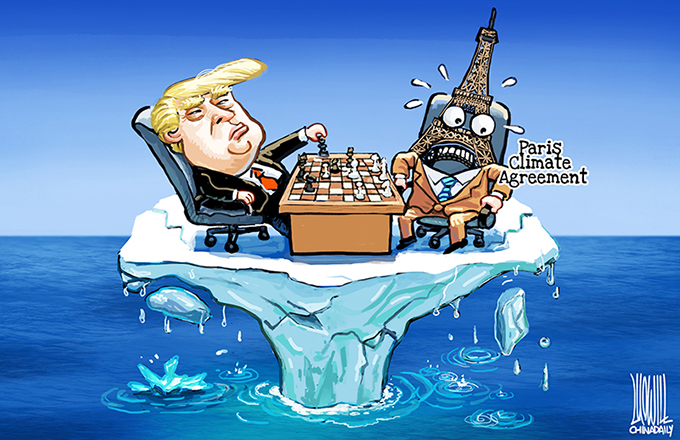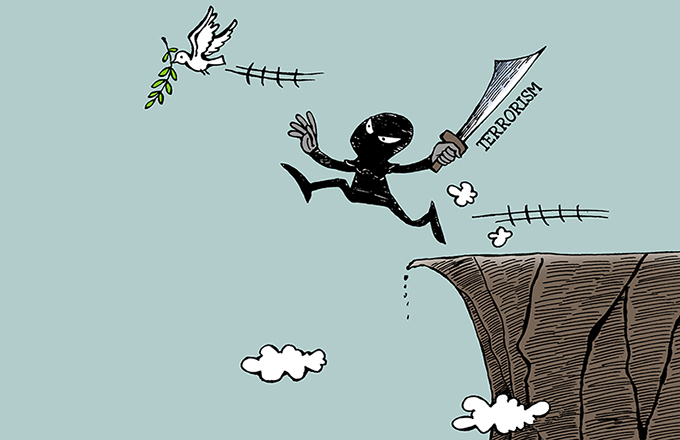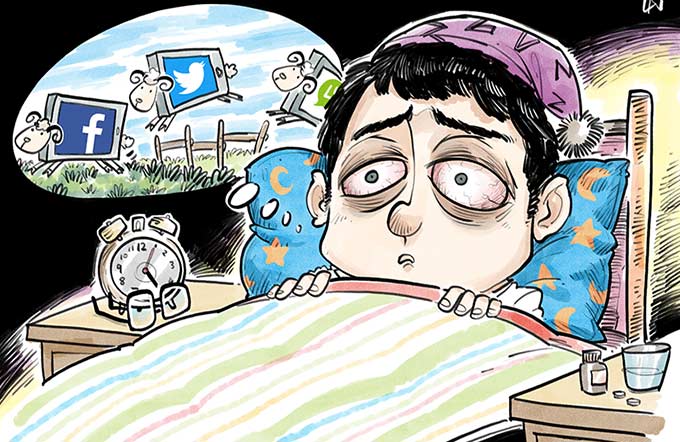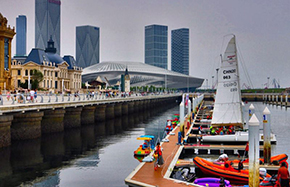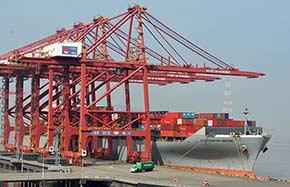No room for HK separatism
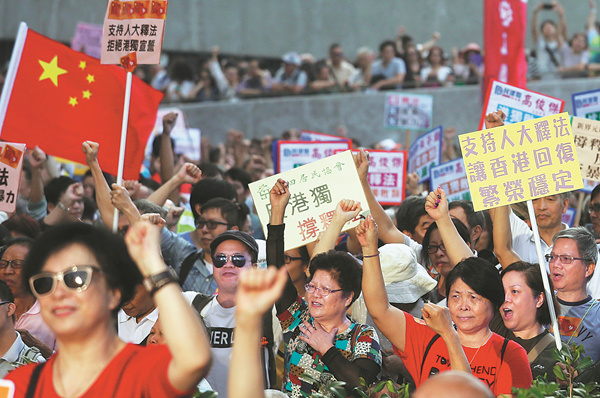 |
|
Tens of thousands of Hong Kong residents join a rally outside the Legislative Council complex to show support for the NPC Standing Committee's interpretation of the Basic Law on Nov 13, 2016. [Roy Liu /China Daily] |
The Chief Secretary of Hong Kong, Matthew Cheung Kinchung, reiterated on Saturday that any advocacy of separatism, including that undertaken on university campuses, is unacceptable and an abuse of freedom of speech.
That the SAR government steadfastly condemns such activities is readily understandable since they violate the Basic Law, challenge the country's sovereignty, and threaten the special administrative region's fundamental interests.
As proved over the past two decades, the principle of "one country, two systems" has been the foundation for the SAR's economic prosperity and social stability, but this innovative framework is being endangered by the incessant endeavors of Hong Kong separatists.
The intent of "one country, two systems" was not only to maintain the city's prosperity but also to safeguard the nation's sovereignty, territorial integrity and development interests. Advocacy of Hong Kong independence blatantly challenges the bottom line of such vital national interests. It simply will not be tolerated by the central government and the Chinese people, including the great majority of Hong Kong residents.
The attempt to defend the advocating of separatism under the guise of freedom of speech is nothing more than sophistry, and the SAR government is right to say there is no room for discussion on the issue and to endorse the statement jointly issued by the heads of 10 local universities on Friday condemning the raising of banners advocating "Hong Kong independence" on campuses as an abuse of free speech.
"All universities undersigned agree that we do not support Hong Kong independence, which contravenes the Basic Law," the statement said.
The subsequent claim by those advocating separatism that this somehow restricts academic freedom was simply more sophistry.
Asked whether the government had put pressure on the universities, Cheung confirmed they acted autonomously and stressed that the message from the university heads was both clear and correct.
And that message is indisputable, as advocacy of separatism in the SAR is both illegal and unconstitutional.





